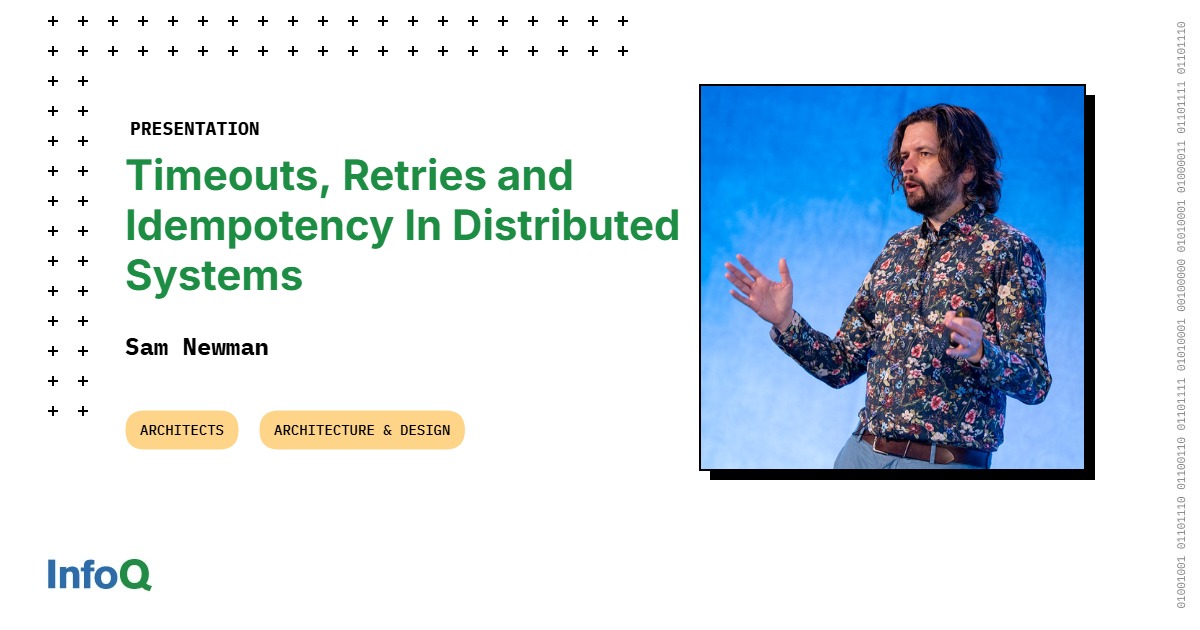
"I'm going to be talking about something very basic, which is almost like the fundamental ideas that I think that every developer should know if they're unfortunate enough to have to work on a distributed system, which is probably most of you. The reason I've written this talk is because I'm working on a book, which is designed as like, you've been dropped onto a project where somebody ill-advisedly made the choice to use microservices, which is always a terrible idea."
"Because you don't need to do a comparative analysis of Paxos versus Raft versus SWIM, or be able to explain the nuances of CAP Theorem, or Harvest and Yield and why they're ever so slightly different. Because really what it comes down to is this: timeouts, retries, and idempotency. Timeouts, giving up. Retries, trying again. Idempotency is making it all a bit safe."
Developers frequently face distributed systems and must grasp foundational operational principles to maintain reliability. Many projects adopt microservices, creating complexity and survival challenges for maintainers. Deep theoretical knowledge of consensus algorithms and CAP theorem is often unnecessary for practical reliability work. Practical focus on timeouts, retries, and idempotency yields immediate benefits: timeouts define when to give up, retries control repetition, and idempotency makes repeated operations safe. Simple policies for failure handling and clear definitions of operational terms reduce ambiguity. Questioning simplistic maxims about repeated failure and different outcomes helps form realistic strategies for resilient systems.
Read at InfoQ
Unable to calculate read time
Collection
[
|
...
]